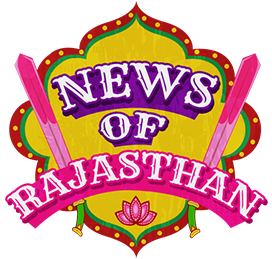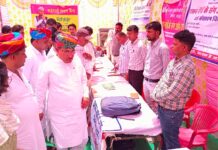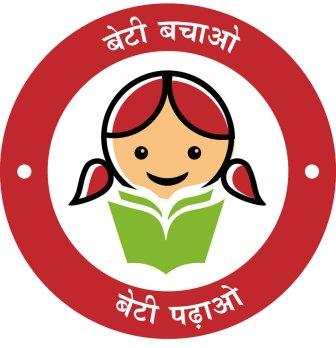
Back in past, the Census of 2011 unveiled embarrassing outcomes for Jhunjhunu. This Shekhawati district was defamed for having the lowest child sex ratio (CSR ratio) in the state. Five years down the memory lane, the female to male child ratio in Jhunjhunu was recorded as 837 to 1000. The district lost most of its female members to atrocities, foeticides and abuse. However, today, after a span of 6 years, Jhunjhunu has been selected among the 10 best-performing districts for the Centre’s ambitious daughter-centric scheme– Beti Bachao Beti Padhao (BBBP).
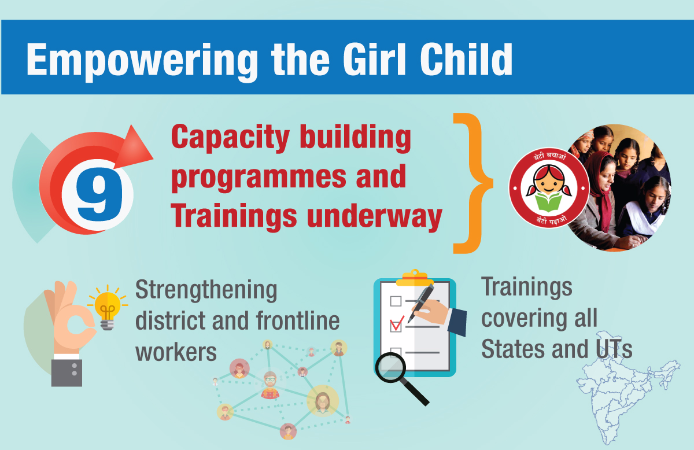
This year, the Centre recognised the district administration’s efforts for effective community engagement for respecting and valuing the status of girl child in the society. The women and child development ministry felicitated the district administration for its commendable performance for this scheme.
Jhunjhunu Administration gets the Credit for Women Empowerment and Improved Child Sex Ratio
According to Anita Bhadel (Women and Child development Minister), the district administration of Jhunjhunu has initiated several innovative programs to safeguard girl children that caught the attention of the Centre.
At regional level, district administration has implemented various initiatives like–
- Planting tree samplings on the birth of a girl child,
- Organising oath taking ceremonies in schools and colleges wherein the students resolve to protect female members in their family,
- Sending greeting cards to the proud parents on the birth of a girl in their family,
- Running government awareness campaigns to familiarise people with the importance of females in society,
- Endorsing big celebrities to promote the BBBP scheme and its underlying message all over the state.
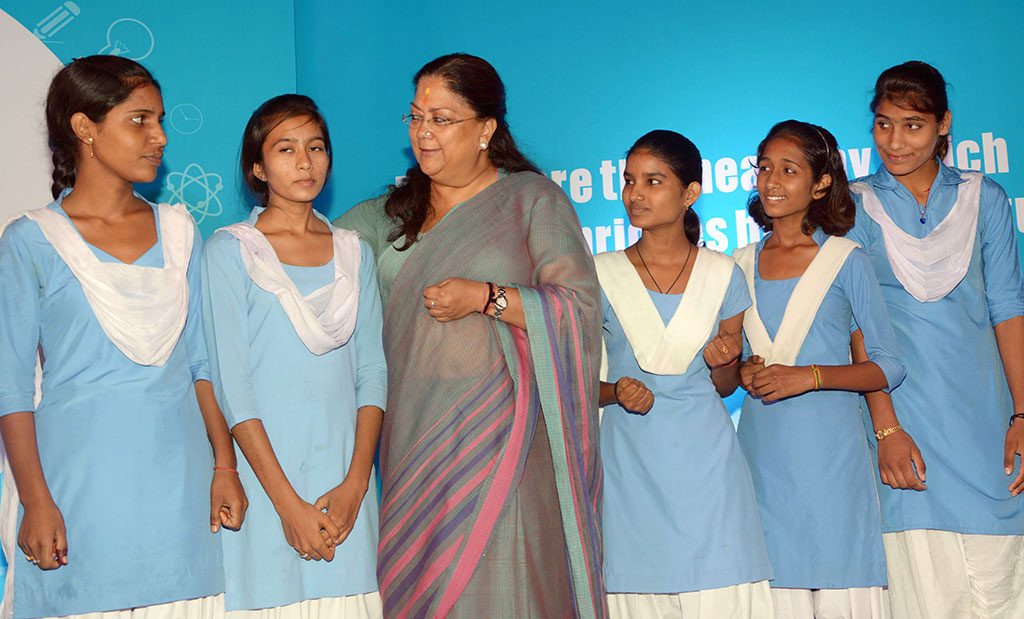
At the state level, Rajasthan CM Vasundhara Raje, being a woman herself, has taken several initiatives to promote BBBP schemes. Some of the revolutionary schemes launched by Rajasthan government in last few years include–
- Bhamashah Card– for delivering direct monetary and government schemes’ benefits to the female members of a family.
- Aashray– for lending support to abandoned female child. Under this scheme, anyone who doesn’t want a girl child can safely turn them to local hospitals that have special cradles employed for this purpose.
- Shubhlakshmi and Rajshree Schemes– for providing monetary support to the parents and daughters at every step. The government gives a fixed amount (ranging from Rs. 1000 to Rs. 50,000) at the time of childbirth, school admissions and as the girl successfully completes her education.
- Mukhbir– a scheme that rewards cash prize to reporters who report atrocities against females, particularly foeticide.
Thanks to these efforts, the district has experienced a drastic change in sex ratio at birth. The recently recorded numbers until March 2016 were 944 females per 1000 males. The net improvement recorded was about 11%.
With this accomplishment, the local authorities are set to observe the National Girl Child Day this January with great enthusiasm and zeal. The commissioner for Women Empowerment, Richa Khoda sees it as an encouragement that will inspire the officers to implement the programme in a more efficient way.
